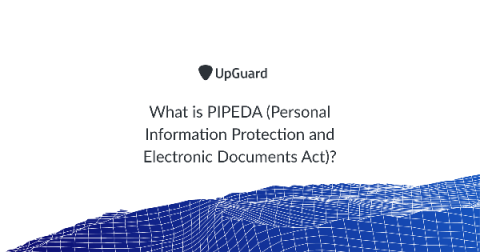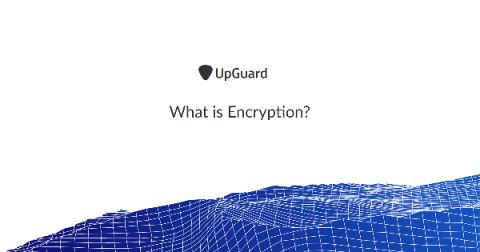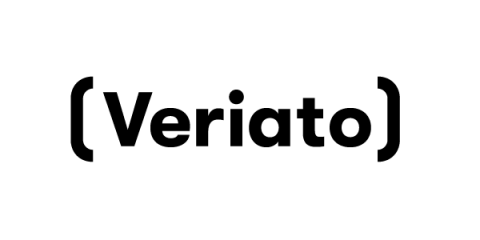What is PIPEDA (Personal Information Protection and Electronic Documents Act)?
The Personal Information Protection and Electronic Documents Act (PIPEDA) is the federal privacy legislation for private-sector organizations in Canada. PIPEDA became law in April 13, 2000 to promote trust and data privacy in ecommerce and has since expanded to include industries like banking, broadcasting and the health sector.








